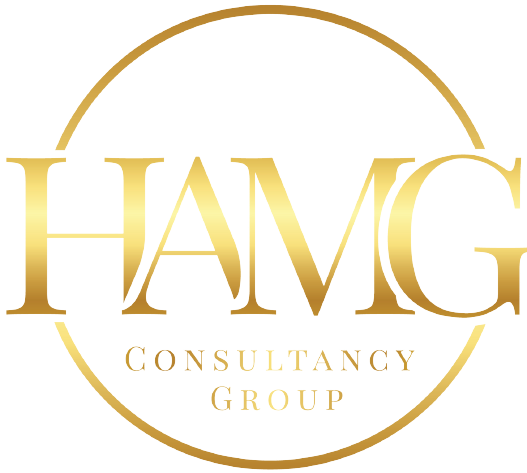The evaluation and conclusion stage is the final phase of an audit engagement, where auditors assess the results of their audit procedures, draw conclusions based on the evidence obtained, and form an opinion on the fairness and reliability of the financial statements. This stage is critical in ensuring the audit’s effectiveness, providing stakeholders with valuable insights into an organization’s financial health, and maintaining the integrity of the auditing profession. In this part, we will explore the key components of the evaluation and conclusion stage, the techniques used by auditors, and the significance of their final opinion in instilling confidence among stakeholders.
Key Components of the Evaluation and Conclusion Stage
- Assessment of Audit Findings:
During the evaluation and conclusion stage, auditors carefully evaluate the results of their substantive testing, internal control assessments, and other audit procedures conducted during the execution stage. The audit findings are compared to the expectations set during the planning stage and against relevant auditing standards.
- Materiality Considerations:
Materiality is a fundamental concept in auditing, referring to the significance of misstatements or omissions in the financial statements that could potentially influence the decision-making of users. In the evaluation stage, auditors assess whether identified misstatements are material and warrant adjustments to the financial statements. Materiality considerations play a crucial role in determining the scope and nature of audit procedures.
- Going Concern Assessment:
Auditors assess the going concern assumption during the evaluation stage. The going concern assumption assumes that the audited entity will continue to operate for a foreseeable future period. If there are concerns about the entity’s ability to continue as a going concern, auditors must disclose these uncertainties in their report.
- Compliance with Accounting Standards and Regulations:
Auditors evaluate the entity’s financial statements to ensure compliance with applicable accounting standards and relevant regulatory requirements. Deviations from accounting principles or non-compliance with laws and regulations are identified, and their implications on the financial statements are considered.
- Analytical Review:
Analytical review involves the comparison of current financial information with historical data and industry benchmarks. Auditors use this technique to identify any unusual trends or significant fluctuations that require further investigation. Analytical review aids in verifying the consistency and reasonableness of financial data.
- Review of Management Representations:
Management representations are written statements provided by the company’s management to the auditors. During the evaluation stage, auditors review these representations to ensure their completeness and accuracy. While management representations are valuable, they do not substitute for substantive audit procedures.
- Review by Senior Management and Engagement Quality Review:
The evaluation and conclusion stage often include a review by senior management or partners in the audit firm not directly involved in the audit engagement. This additional review ensures that the audit work was conducted in accordance with professional standards and that the conclusions drawn are appropriate. Such reviews provide an extra layer of quality control.
Techniques Used in the Evaluation and Conclusion Stage
- Professional Judgment: The evaluation and conclusion stage heavily rely on the professional judgment of auditors. They must exercise sound judgment when assessing the significance of audit findings, determining materiality thresholds, and forming an overall opinion on the financial statements.
- Documentation: Thorough documentation is crucial during the evaluation stage. Auditors are required to document their findings, conclusions, and the rationale behind their decisions. Comprehensive documentation ensures transparency, facilitates the review process, and provides a clear trail of the audit’s evaluation and conclusion.
The evaluation and conclusion stage is the final and crucial phase in an audit engagement. During this stage, auditors assess the results of their audit procedures, evaluate the significance of findings, and form an overall opinion on the fairness and reliability of the financial statements. The audit opinion has significant implications for stakeholders, instilling confidence, aiding decision-making, and ensuring compliance with accounting principles and regulations. The use of pr犀利士 ofessional judgment, thorough documentation, and technological tools enhances the effectiveness and efficiency of the evaluation and conclusion stage. By providing an unbiased and expert assessment, auditors play a vital role in maintaining the integrity of financial reporting and upholding the trust of stakeholders in the audited organization.




